Live Happy ADHD Coaching
Welcome.
Are you ready for a change but keep hitting roadblocks?
I can help you move from survival mode to thriving and reconnecting to the joy of life. I help my clients stay on track, create calm, and bring out the best in themselves. I invite you to learn how to enhance the way your unique ADHD brain works, instead of working against it.
Meet your Coach
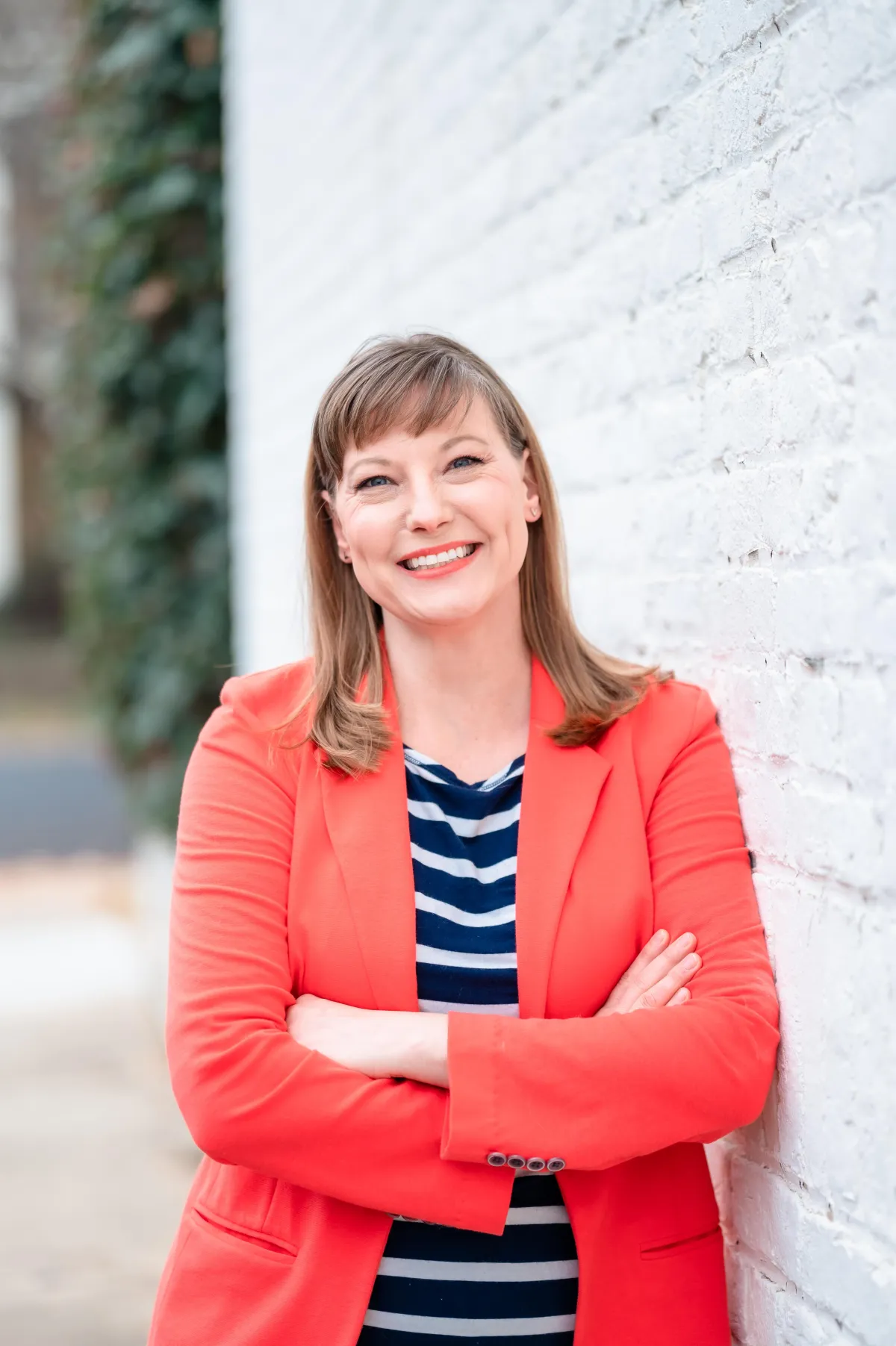
I used to struggle with exactly the same thing.
Dorsey McFadden currently lives in Richmond with her husband and pets. She earned a double BA degree from the University of North Carolina at Chapel Hill in Political Science & Communications and International Security Studies & Rhetoric.
In her previous life, Dorsey worked in digital marketing for over 20 years. Now she’s building a career as an ADHD coach, educator, and advocate.
She also cofounded FlexYourADHD.com as a platform with a significant community of adults eager to learn about their ADHD.
As the founder and coach of Live Happy ADHD Coaching, Dorsey is passionate about coaching adults living with ADHD and parents of children with ADHD to help them live happy and healthy lives.
Together, she works with her clients to develop techniques and approaches to better understand how to support themselves and their children.
Dorsey aims to empower those with ADHD to work with their unique brain, not against it.

Meet your Coach
I used to struggle with exactly the same thing.
Dorsey McFadden is a certified ADHD coach, educator, and advocate through training from the ADD Coach Academy (ADDCA), holding credentials from both ADDCA and the Professional Association of ADHD Coaches (PAAC). Based in Richmond, she lives with her husband and pets. With over 20 years of experience in digital marketing, she brings a wealth of strategic insight to her coaching practice. Dorsey holds a double BA from the University of North Carolina at Chapel Hill in Political Science & Communications and International Security Studies & Rhetoric.
As the founder of Live Happy ADHD Coaching and FlexYourADHD.com, Dorsey is passionate about helping adults with ADHD and parents of children with ADHD build happier, more fulfilling lives. She partners with her clients to create personalized strategies that harness the strengths of the ADHD brain, focusing on empowerment, self-understanding, and practical support systems.
Dorsey's mission is simple: to help people stop fighting against their ADHD and start thriving with it.
While there's no magic solution in life, the supportive, practical, concrete, and collaborative process of coaching can help to bridge the gap between where you are right now and where you want to be.
Do any of these sound familiar?

difficulty with planning and prioritizing
feeling unfulfilled and unsuccessful
impaired communication or social skills
trouble getting started/lack of initiative
difficulty maintaining focus
poor self-care (exercising, getting to bed, etc.)
difficulty explaining their ADHD to others
getting easily distracted and overwhelmed
challenges with working memory
poor time and energy management
lack of organizational skills
trouble harnessing motivation and interest
impulsivity/lack of inhibition
procrastination (sometimes extreme and high stakes)
poor communication skills
difficulty with planning and prioritizing
feeling unfulfilled and unsuccessful
impaired communication or social skills
trouble getting started/lack of initiative
difficulty maintaining focus
poor self-care (exercising, getting to bed, etc.)
difficulty explaining their ADHD to others
getting easily distracted and overwhelmed
challenges with working memory
poor time and energy management
lack of organizational skills
trouble harnessing motivation and interest
impulsivity/lack of inhibition
procrastination (sometimes extreme and high stakes)
poor communication skills

Testimonials
What Does Success Look Like?
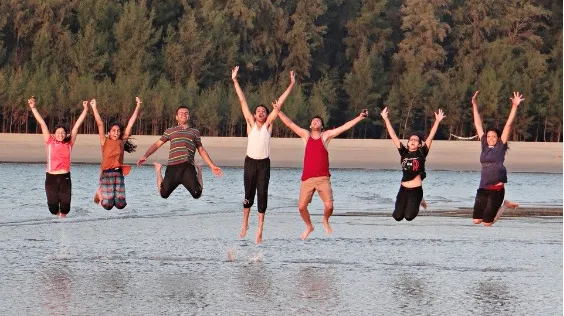
That depends on the client.
For some it will look like completion of a project while, for others, it may be development of self compassion and self
awareness which enriches all areas of their life.
What Is Coaching?

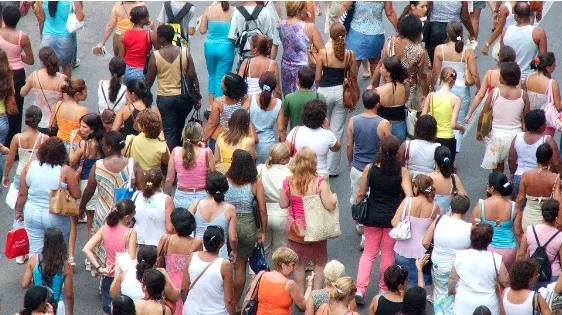
Coaching is the facilitation of growth and change. A coaching partnership helps close the gap between who you are, what's important to you, and what you're doing. so that you can lead a more satisfying and effective life. Coaches support our client's understanding of their ADHD brain and its related challenges. As well as how it impacts your personal and professional life so that you can utilize practical, realistic strategies to shift from chaos to calm.
What Does Success Look Like?
That depends on the client.
For some it will look like completion of a project while, for others, it may be development of self compassion and self
awareness which enriches all areas of their life.


What Is Coaching?
Coaching is the facilitation of growth and change. A coaching partnership helps close the gap between who you are, what's important to you, and what you're doing. so that you can lead a more satisfying and effective life. Coaches support our client's understanding of their ADHD brain and its related challenges. As well as how it impacts your personal and professional life so that you can utilize practical, realistic strategies to shift from chaos to calm.
More Topics to explore
Something for every reader
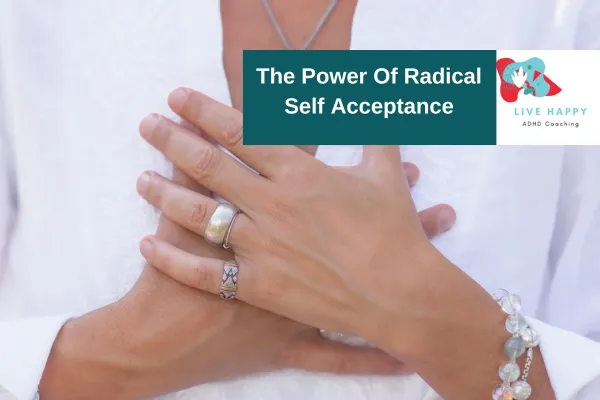
The Power Of Radical Self Acceptance
The Power Of Radical Self Acceptance
If I Can Do It, You Can Too!
No BS, no $5k investment, and no unrealistic promises—just simple, accessible steps that can transform your relationship with your ADHD brain. This is my passion, and I'm thrilled to share this journey with you.
The Foundation: Understanding Neurodivergent Trauma
Trauma and neurodivergence are inextricably linked and highly co-morbid. Many of us with ADHD have never felt fully accepted or safe because we operate differently. Our natural coping mechanisms and stims were often discouraged or punished. Many of our parents were likely neurodivergent themselves without knowing it—overwhelmed and reactive—creating environments where we never experienced the foundation of safety that neurotypical people often take for granted.
A critical insight: A significant cause of childhood trauma is unregulated neurodivergent parents recreating the only environment their nervous systems recognize as familiar—chaos.
The Self-Acceptance Journey for ADHD Brains
Step 1: Rewire Your Thought Patterns
How can you love yourself unconditionally when you've known at a cellular level you were "different" from day one? How do you regulate your nervous system when you've never experienced what being regulated feels like?
Start by becoming aware of your negative self-talk patterns. For many ADHD adults, thoughts are constantly colored by guilt and shame. You CAN change this by redirecting your thoughts toward acceptance of yourself—all your messiness included.
Remember: Unfelt or repressed emotions (especially those we don't feel safe expressing, like anger) are stored in the body through the nervous system. This physical manifestation can cause real illness and pain. Ever had a stress-induced stomach ache or migraine? This is why.
Step 2: Allow It All
Give yourself permission to experience everything—including the depression you've been fighting. Your body is telling you it needs to slow down and process so you can identify your triggers and understand them better.
When guilt or shame about your limited bandwidth arises, try this affirmation: "I am a healing human deserving of peace and rest. I deserve to experience the full spectrum of human emotion."
Step 3: Give Your System Time
Healing isn't linear or quick. Give yourself time—time to heal, time to feel, time to be a complete mess and fall apart. This process is teaching you how to pick yourself back up.
Accept all your maladaptive coping mechanisms as pathways to healing:
Disordered eating
Chronic dissociation
Overwhelmed outbursts due to sensory overload
These are all signals from your system crying out for help or alerting you to crossed boundaries.
Here's the fascinating part: When you fully accept and observe yourself with empathy—even while engaging in coping mechanisms that no longer serve you—you often find the need for these behaviors naturally diminishing. This leads to greater self-confidence as you gradually process and shed emotional layers.
The Transformative Cycle
By consistently practicing self-compassion:
You open the door to genuine self-love
Self-love builds authentic confidence
Confidence helps you maintain boundaries (breaking people-pleasing patterns)
Stronger boundaries give you more control over your emotional responses
Greater emotional control allows you to shape your life around your actual needs
The more you feel in control of your inner world and accept your true capacity (I spent years in freeze and burnout), the more effectively you can design your life to support your neurodivergent needs.
Practical Tools for ADHD Self-Acceptance
Daily Practices That Help
Low-spoon living: Research "low spoon cooking" and life hacks specifically designed for neurodivergent people
Guilt-free rest: Take naps without self-judgment whenever possible
Grounding: Spend time sitting outside directly on the ground
Joy rituals: Find a few activities purely for your own enjoyment
Non-negotiable self-care: Not just bubble baths, but actually attending to your body's needs
Energy tracking: Notice your energy levels to work with (not against) hormonal shifts and draining activities (hormonal cycles significantly impact ADHD symptoms!)
Building Your Regulation Toolkit
Develop personal strategies to calm your system when anxiety begins to rise:
Sensory comfort items
Taking a shower
Sun exposure and barefoot grounding
Creative expression (coloring, dancing)
Physical release through movement or "shaking it out"
The more tools you have, the more confidence you'll build in your ability to manage triggers—leading to less overall overwhelm, shutdown, and chronic fatigue.
Breathing and Mindfulness Approaches
Long, deep belly breaths with slow exhales (avoid breathwork with holds—they can be activating when your goal is to soothe)
Grounding and guided meditation practices centered on self-acceptance
Self-love and inner child healing meditations
Creating space to feel ALL emotions, not just the comfortable ones
An Important Caution for ADHD Adults
Many somatic and therapeutic programs claim to be "trauma-informed" but aren't designed for neurodivergent people lacking an internal foundation of safety. While most trauma approaches assume people are "remembering" safety, many of us with ADHD never had that experience to begin with.
These programs can be highly activating to your system at a time when activation might trigger self-sabotage. Remember: When chaos is the only pattern you know, safety can actually feel threatening. This explains why we often self-sabotage just as healing begins.
We need to build safety from the ground up rather than trying to recover it.
Give Yourself Time
Slow is smooth, smooth is fast.
Integration time is essential. Your mind will shift faster than your body. Don't get discouraged, and remember this process takes TIME and grace. You're giving yourself the patience you never received growing up.
Your Next Steps
What resonated most with you from this article? What small step toward self-acceptance might you take today?
If you're ready to go deeper with this work, I'd love to support you. As someone who's walked this path, I understand the unique challenges of the ADHD brain and the profound transformation that radical self-acceptance can bring.
Sign up for an introductory call with me to explore how coaching can help you build the foundation of safety your system has always needed.
Dorsey is an ADHD coach and founder of Live Happy ADHD, helping neurodivergent adults build fulfilling lives through radical self-acceptance and practical, ADHD-friendly strategies.
How Does Coaching Work And How Does It Help You?
Coaching sessions create space away from day to day demands for a dialogue between the coach and client. The client determines the long-term direction of coaching and is responsible for bringing a topic/issue/question to each session. Together, the coach and client explore who the client is, who they think they are, and who they want to be in order to clarify desired outcomes and actions to further the client’s agenda.
As a coach, I will ensure we make the most of your time. My role is to be your sounding board, mirror, and champion your efforts. I will provide models and structure to help you organize your thoughts, beliefs, and values. I will help you to bring details into focus to reach a deeper understanding and appreciation of yourself. I will hold you accountable for your decisions and actions and challenge you to be compassionate with yourself while setting realistic and achievable goals.
However, I will never tell you what to do. Coaching sessions offer an opportunity for you to learn something new about yourself, a different way of thinking about a situation, or uncover a belief that was limiting the options you thought were available to you. The “work” to apply this learning toward changing your life continues beyond the coaching session.
Welcoming clients of all races, cultures, identities and orientation
Disclaimer: Coaching is not to be used as a substitute for professional advice by legal, medical, financial, business, spiritual or other qualified professionals. We encourage our clients to seek independent professional guidance for legal, medical, financial, business, spiritual, or other matters. With Coaching, all decisions in these areas are exclusively the responsibility of the client who acknowledges that decisions and actions as a result of coaching are their sole responsibility.
Example Topics for Coaching
ADHD Life skills & Executive Functioning
Relationship Skills
Friendship and Support System
Parenting Children with ADHD
Organizing Skills
Addiction Dangers
Emotional Regulation
Mindset Improvement
Work/Life Balance
Communication Skills
Self Awareness
Self Compassion & Mindfulness
Study Skills
Self Care Skills
Time Management
Task Management
Advocating Skills
Routines and Systems
Healthy Boundaries
Managing your life
Planning & prioritizing
Putting plans into action, task initiation
Goal-directed persistence
Taking actions that align with your physical & emotional needs
Learning new strategies to manage executive functioning
Navigating neurodivergent relationships
Self-regulation & interoceptive-awareness
Emotional impulsivity
Communication strategies
Physical health and wellness
ADHD Coaching & Consulting by Dorsey McFadden
Located in Richmond, VA
Accepting clients Worldwide

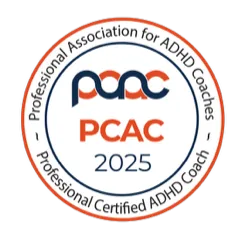

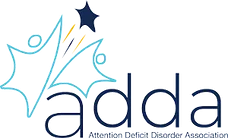
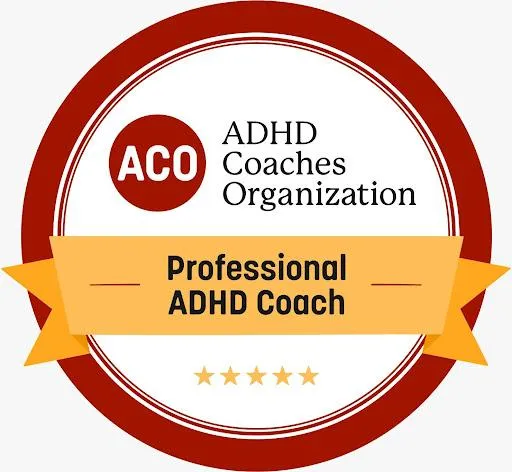
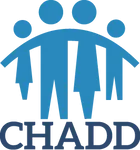
Facebook
Instagram
LinkedIn